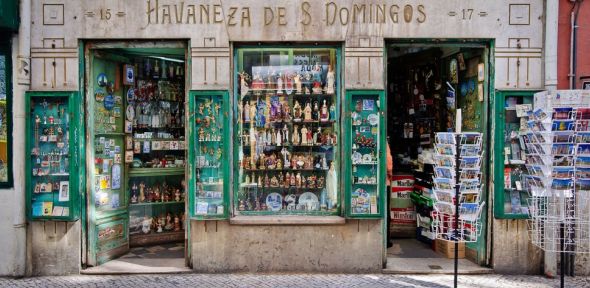
The Faculty of Modern and Medieval Languages is pleased to announce that applicants to the joint tripos for History/ML (HML) will be able to choose from four more language routes starting in 2018.
Prospective students applying for 2018 entry will be able to choose from Italian (post A-Level and ab initio), and Spanish, German and Portuguese (ab initio). The course, which welcomes its first cohort of students in October 2017, currently offers the opportunity for students to take French, German and Spanish (all post A-Level), and Russian (post A-Level and ab initio).
Dr Martin Ruehl, Lecturer in German and Dutch, and convenor of HML has said, “the five new language options will give you even greater choice and flexibility in pursuing your interests in language, literature, film, art and history.”
In HML, students get the very best aspects of each subject, combining intensive study in language, culture and film, alongside a wide scope of British, European and world history. Like other Language students, HML students spend their third year abroad, studying or working in a foreign country and becoming immersed in the country’s language, culture and politics.
The course has already proved popular heading into its first year, with 77 applications for 20 places. French is the most popular language selected by students and there is widespread interest across Spanish, German and Russian.
The Faculty is especially excited by the addition to the joint tripos of two completely new languages to the course – Italian and Portuguese – widening the language offering to cover the breadth of languages studied at Cambridge.
Dr Pierpaolo Antonello, Head of the Department of Italian, has said that,
“From the Roman Empire to the Emergence of Fascism, from Renaissance Art to the Contemporary Film Industry, from the Catholic Church to Machiavelli and Gramsci’s political theories, Italy has been at the centre of the historical and cultural constitution of what we call Western civilisation. A joint degree in History and Italian will give students the invaluable opportunity to study the deep connections between Italian language and culture and the development of European history.”
And Professor Brad Epps, Head of the Department of Spanish and Portuguese, on the combination of Portuguese with History,
“The history of Portugal and its imperial expansion is profoundly imbricated in the processes of global exploration, conquest, colonisation and administration. Portugal played a leading role in the slave trade and thus in the history of both Africa and the Americas, but it was also at the forefront of European interests in Asia and the Pacific. The study of Portuguese language and culture at Cambridge recognises these trans-Atlantic and trans-Pacific trajectories with an emphasis on Portugal and Brazil but with significant attention also to Angola, Mozambique and other parts of Africa and Asia.”
HML graduates will have developed skills which make them highly sought after by employers, in particular their advanced language skills and experience of living abroad. Graduates will also be in a strong position to undertake further study in either History or Modern Languages.
For more information about all undergraduate courses at Cambridge and the University's application process, see the 2018 Prospectus which is now available online.



